Dental implants have revolutionised the approach to replace missing teeth. Moreover, apart from restoring function, they also appear natural. Similarly, they provide a natural approach to replace lost teeth. However, like any medical therapy, there are questions about the probable side effects. Hence one main question is Does Dental Implants Cause Gum Disease? So, we can deal with this problem and delve more into how dental implants affect your gums and the dangers of gum sickness on this weblog.
What are Dental Implants?
Carefully located titanium tiny posts known as dental implants into the jawbone characteristic as enamel roots. These implants replace lacking teeth with dental crowns, bridges, or dentures, therefore restoring their herbal appearance and characteristics. They have several benefits, including:
- Implants endure a long period and are robust. Many have used them for decades.
- Their natural appearance makes them not stick out from your other teeth.
- stopping bone loss Unlike teeth, implants maintain the jawbone’s active state, therefore halting more bone loss.
How One Gets Gum Disease?
Gum disease also goes under periodontal disease. Germs produce an ailment of the gums referred to as gum disorder. Gingivitis, the initial phase of gum disorder, starts offevolved and is characterised by purple, swollen gums that would bleed upon teeth brushing. Untreated gingivitis may become periodontitis, severely affecting your gums, teeth, and bone shape. Hence, Does Dental Implants Cause Gum Disease?
Does Dental Implants Cause Gum Disease?
Gum disease is not caused mainly by dental implants. However, neglecting proper maintenance and treatment for the implant after surgery increases your likelihood of developing an infection close by. The major reason for the risk is peri-implant diseases, which resemble gum disease but occur surrounding implants.
Types of Peri-Implant Diseases:
Mucositis Around the Implant:
At this early stage of infection, only the soft tissues surrounding the implant are being damaged. Red, puffy, bleeding lips are among several indicators. Usually, the issue is resolved with the appropriate medical attention and care.
Periodic-Implantitis:
A extra severe contamination that compromises the lips and the bone around the implant Ignoring peri-implantitis early on may additionally lead to failure, implant instability, and bone loss.
What Causes Gum Disease Around Dental Implants?
Although dental implants do now not result in gum disease, many factors would possibly lead to troubles with the gums surrounding implants, which include
- Insufficient Oral Hygiene: Neglecting flossing and brushing can cause plaque and micro organism accumulation, probably causing gum infection.
- Not Appropriate Placed Implants: Incorrect placement could make cleansing tough, causing swelling and contamination.
- Smoking: The immune system’s weakening can increase the risk of gum disease, even around dental implants.
- Previous Gum Disease: Those with past gum disease may be more susceptible to peri-implantitis due to weak surrounding tissue.
- Medical Conditions: Diabetes and autoimmune diseases can complicate healing and increase infection risk.
Signs of Gum Disease Around Dental Implants:
- Red, Swollen, or Bleeding Gums: These may appear red or bleed when touched.
- Pain or Discomfort: If the implant area feels pain or sensitive, it should be addressed immediately.
- Receding Gums: If gums separate from the implant, it may indicate infection or bone loss.
- Loose Implants: If an implant is loose, it may indicate weak bone from peri-implantitis.
- Discharge or Pus: If pus or unusual fluid surrounds the implant, it indicates an infection and requires immediate dental treatment.
Keeping Your Gums Healthy Following Dental Implants:
Keeping your gums and implants healthy mostly depends on avoiding complications. Here are some effective strategies:
Maintain Good Oral Hygiene:
You have to daily clean and floss your teeth to prevent plaque from developing around the implant. Use a toothbrush with gentle bristles and floss designed particularly for implants.
Attend Regular Dental Checkups:
Your dentist will examine the state of your implants and gums during routine visits. A professional cleaning can eliminate tartar and plaque on teeth that you cannot eliminate with regular brushing.
Quit Smoking:
Your body’s ability to fight off disease and recover suffers from smoking. By a great degree, quitting smoking reduces the risk of gum disease surrounding implants.
Use Antibacterial Mouthwash:
An antibacterial mouthwash helps eliminate harmful microorganisms and prevent infection of the surrounding implant region.
Follow Post-Implant Care Instructions:
Following the procedure, your dentist will provide particular care recommendations to ensure correct healing and prevent issues.
Final Thoughts:
Though they must be maintained and checked after, just like any other dental procedure, dental implants are a safe and efficient approach to replacing lost teeth. Although dental implants may not directly lead to gum disease, improper dental care and other risk factors increase your likelihood of developing diseases around your implants.
See the top dentist and orthodontics at Royal Cosmetic Surgery-PK to get the best dental implants to maintain your oral health and ensure your implant lasts longer. Hence, good maintenance of your dental implants can help your smile seem more natural and maintain the long-term health of your gums.


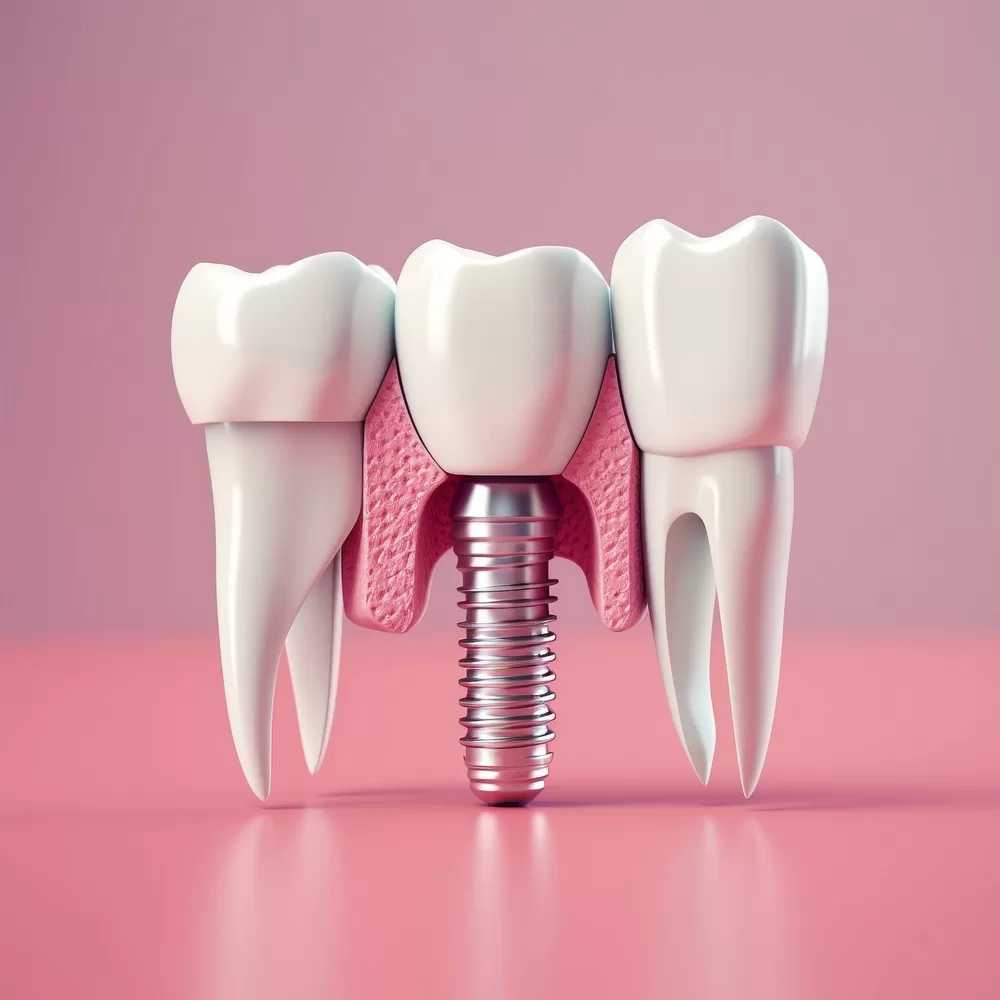


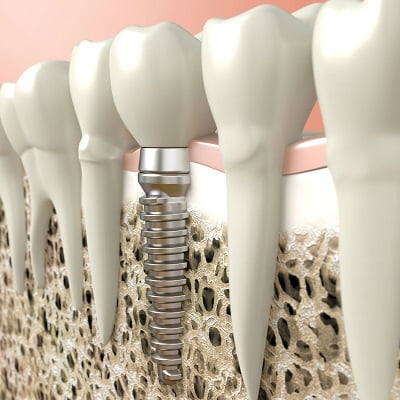
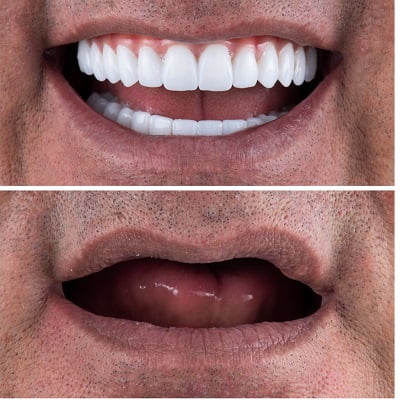
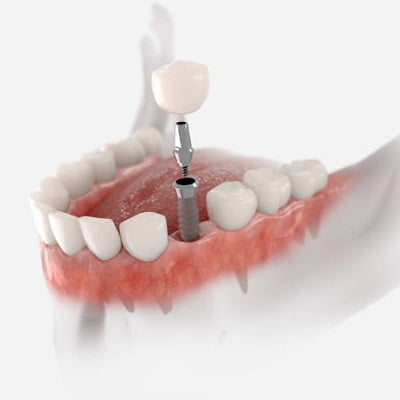
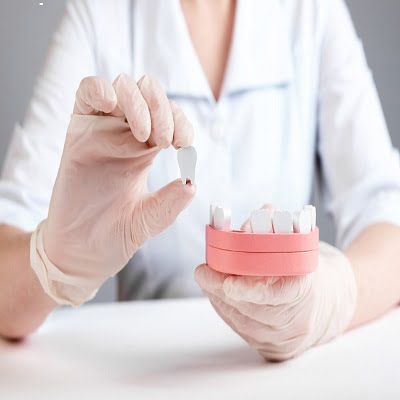

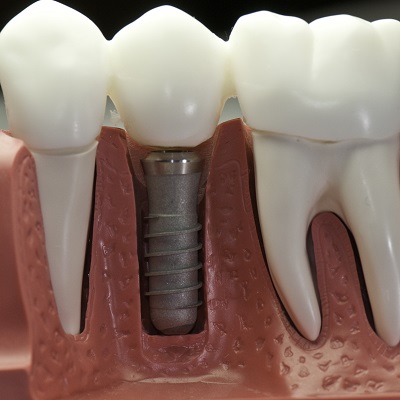








Book Appointment